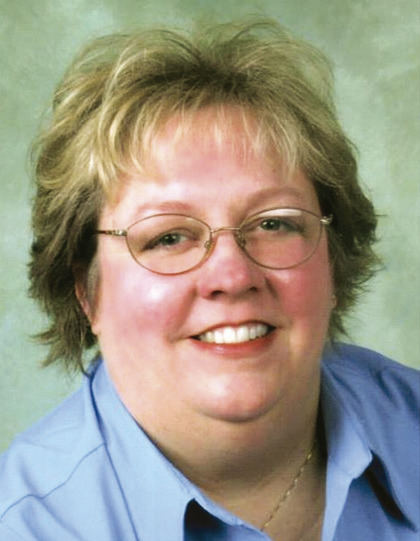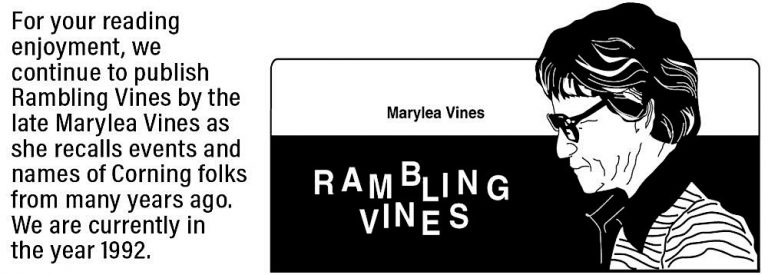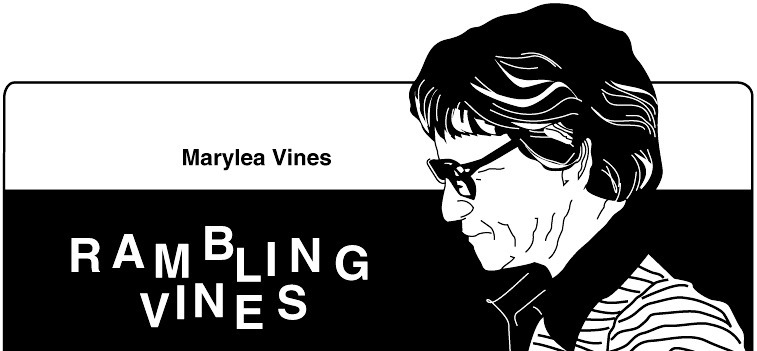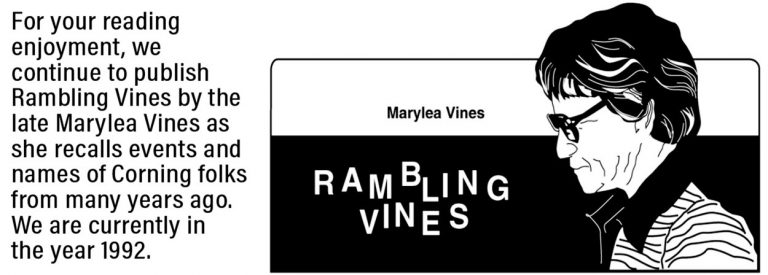The Lowe Down

If you don’t think life is amazing, consider the fact that you are sitting on a large rock orbiting the Sun in a galaxy called The Milky Way. And this rock, we call Earth, also rotates creating our days and nights. Thanks to gravitational pull, we miraculously stay on this planet while it spins and orbits through centuries of time. If we weren’t aware of how the Earth and our solar system exists, wouldn’t this information sound like science fiction?
Mankind has always been interested in science and astronomy and has made many discoveries because of that curiosity. Even though there has been interest and scientific study, it seems that humans have always found a way to distrust those who believe in it. According to NASA, as early as 1515, a Polish priest, Nicolaus Copernicus proposed that the Earth, just like the other planets, circled the Sun. It’s said he was afraid of criticism and he did not publish his theory until 1543, shortly before his death. Those who supported his theory faced charges of heresy. An Italian scientist by the name of Giordano Bruno was burned at the stake for teaching Copernicus’ view of the universe. Copernicus’ theory took more than a century to become widely accepted.
Many critics of science today can’t fathom that discoveries, inventions and products have been realized due to failed theories and experiments that produced unintended results. Educators spend their careers teaching children that trying new things and failing is a part of the learning process. The basis of learning and discovery is to Learn. Unlearn. Relearn. The act of failing produces the most valuable lessons and solutions in life and in learning. Any parent who has had a child enter a science fair knows the basic steps to the scientific method; to make an observation, ask a question, perform an experiment, analyze data and form a conclusion. They are familiar with the fundamental truth that learning involves the ability to learn, unlearn and relearn.
Anyone who doubts science, due to changes in theories after new discoveries are made, does not understand the essence of learning. Take for instance in 1610 when Galileo pointed his telescope toward the heavens and saw for the first time that moons orbited Jupiter. He was able to debunk Aristotle’s nearly 1000 year-old theory that believed the planets orbited a stationary Earth. Galileo made a new theory based on his findings. He also observed the phases of Venus, which proved that the planet orbits the Sun. While he wasn’t burned at the stake, he was also tried for heresy under the Roman Inquisition and placed under house arrest for life.
While Copernicus rightly observed that the planets revolve around the Sun, it was German mathematician Johannes Kepler who published a series of laws still in use today, that describe the orbits of the planets around the Sun. In 1687, building on Kepler’s laws, Newton explained why the planets moved as they did around the Sun and called the force that kept them in place, gravity.
Scientists are our most reliable source of knowledge of the universe, including medicine and cures for diseases. Physicians, medical staff, and engineers take this very knowledge and put it to use helping mankind. The technology we use today would not exist if it weren’t for scientific discoveries. Science has molded and advanced human culture.
Despite these scientific advances, it is sad to think that our civilization hasn’t progressed in nearly 500 years from the days of Galileo and Bruno. The default human nature behavior for some citizens during the pandemic was to threaten Dr. Anthony Fauci, certainly an expert after serving his country for over 50 years in the field of infectious diseases. His crime was using his knowledge of pandemics and diseases to inform the public.
At the very core of science is curiosity, innovation and exploration. The same could be said of learning. The nemesis of science is ignorance. There’s a current movement to censure science and research and to ignore scientific research. Some respond to scientific evidence in ways that validate their preexisting beliefs. In fact, there are those who actively search for information that support their beliefs, conducting confirmation bias. As more people get exceedingly irresponsible in their choice of sources for information and facts are not in vogue, the truth gets blurred, perhaps erased. What will we be able to hang on to, if not truth and fact-based research? It’s a dangerous and scary precipice when the populace begins to turn it’s back on truth, facts, integrity and its experts in their chosen fields. When a society casts stones at researchers and scientists for changing directions in theories and information; it is a failure to recognize that unlearning and relearning are vital to finding solutions or cures to save the world. I don’t know what’s scarier, how gullible people can be swayed by their motivated reasoning or when their justification in doing so is to claim being educated doesn’t mean you have common sense. Common sense is based on the ability to reason, has nothing to do with book learnin’ and requires the wisdom to discern whether an expert in the field of infectious diseases would know more than the average John Q. Public about how to contain a pandemic.
This past week much of our country celebrated and observed a total solar eclipse. Scientists can predict eclipse paths decades in advance to the exact speed and seconds in which it will travel. Last week, people journeyed to the locations that scientists told them it would occur and booked lodging and ordered glasses months in advance. If people trust scientists to predict eclipses, why do people mistrust them when they forecast climate change and pandemics? I believe the concerns of climate change and public health issues have been politicized to the point that we can predict a person’s political leanings by whether they believe they exist or not. It’s a very risky, and dare I say, unenlightened way, to view science.
Science, in it’s purest form, is a search for truth. It’s research, facts and data. It’s founded on the fact that learning, unlearning and relearning will be required to unearth the truth.
In spite of our reckless maintenance of our planet, people have been sitting on this spinning rock for centuries. We’ve made some fantastic scientific advances through those eras, despite public opinion in many cases. If we want a bright future for our children and grandchildren, we need to value what science reveals to us. An intelligent society would acknowledge scientific experts. A perceptive 21st Century culture would stop threatening those with differing view points.
Pam Lowe is the editor of the Clay County Courier in Corning, Arkansas. Readers may contact Pam at plowe@cherryroad.com



